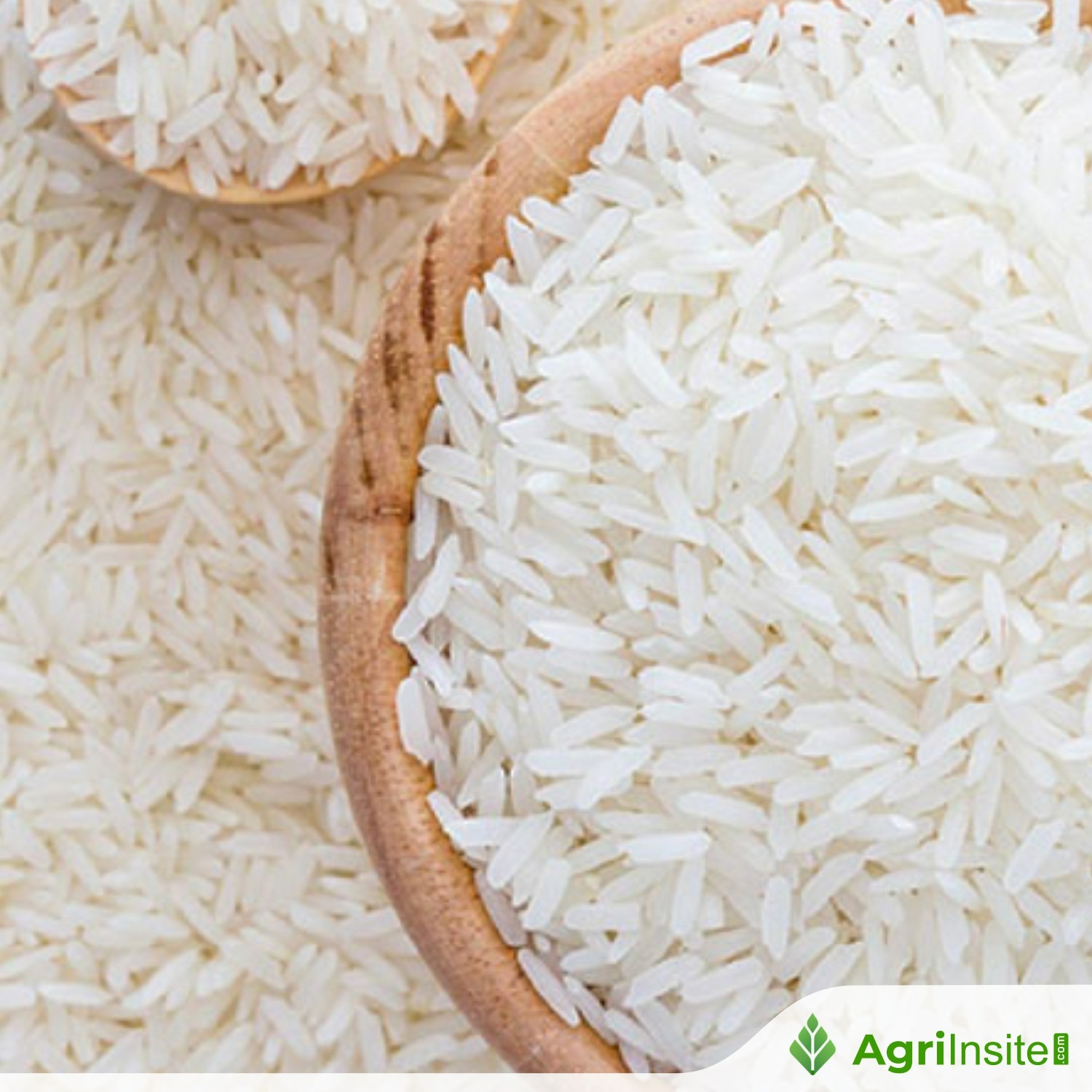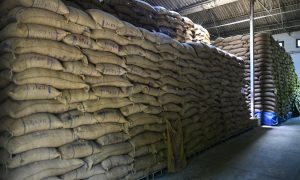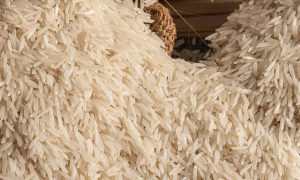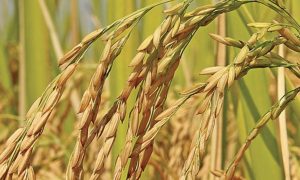Nigeria spends $10b importing rice, sugar, fish, others, earns $400m from agro-exports — Minister

Nigeria spends over \$10 billion yearly importing wheat, rice, sugar, fish, and tomato paste but earns under \$400 million from agro-exports, Agriculture Minister Abubakar Kyari said at First Bank’s 2025 Agric Expo. He urged shifting from subsistence farming to structured financing, value addition, and infrastructure to achieve food sovereignty and export competitiveness.
Nigeria spends over $10 billion annually importing food items such as wheat, rice, sugar, fish and tomato paste, while earning less than $400 million from agricultural exports, the Minister of Agriculture and Food Security, Senator Abubakar Kyari, has said.
Kyari disclosed this at the First Bank of Nigeria Ltd. 2025 Agric and Export Expo held in Lagos on Tuesday. He was represented at the event by his Special Adviser, Mr. Ibrahim Alkali.
According to the minister, despite agriculture contributing 35 per cent to the country’s Gross Domestic Product (GDP) and employing 35 per cent of the workforce, Nigeria accounts for less than 0.5 per cent of global exports.
“Nigeria spends over $10 billion annually importing food such as wheat, rice, sugar, fish and even tomato paste. Yet, the country earns less than $400 million from agro-exports. To build a non-oil export economy, we must rethink how we finance agriculture,” Kyari said.
He stressed that Nigeria has over 85 million hectares of arable land and a youth population where more than 70 per cent are under the age of 30, but these advantages are not translating into export competitiveness.
Kyari emphasised the need for a shift from subsistence farming and fragmented credit schemes to structured financial systems that can attract significant capital and drive agribusiness
He said: “We have the land, the labour, and the markets, but we lack the system of financing, value addition and infrastructure that convert potential into prosperity. Boosting domestic production and building support for exports are not separate agendas. They are two sides of the same coin.”
The minister restated President Bola Tinubu’s policy directive on achieving food sovereignty, noting that the administration’s goal is for Nigeria to feed itself without dependence on imports.
“Sovereignty means ensuring that no Nigerian goes hungry because of shocks in the global food supply chain, allowing every community to stand on the strength of our land, our people and our productivity,” he said.
Kyari also called for innovative financing tools such as forward contracts and “Pay-as-Harvest” schemes, alongside revenue-sharing mechanisms and performance-based agricultural goals, to strengthen food security.
He maintained that unless financing, value addition, and infrastructure are addressed, Nigeria will continue to rely on imports despite its agricultural capacity.
To Read more about Rice News continue reading Agriinsite.com
Source : The Guardian














